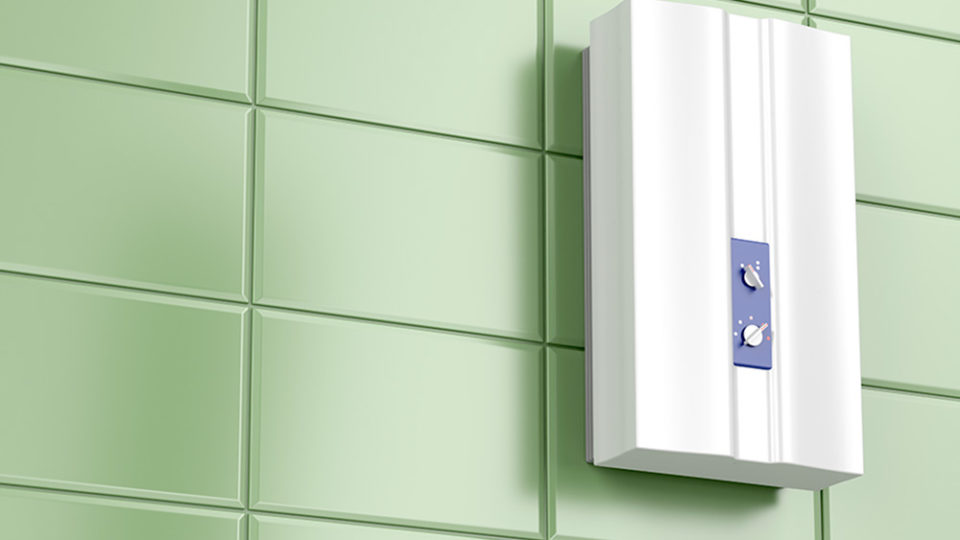If you discover that your water heater needs to be replaced soon, you’ll be pleased to see the benefits of a tankless water heater system. It’s a great alternative to traditional tanks, but it’s essential that you do your homework first in making your selection.
Heating water in your home accounts for nearly 20 percent of home energy costs. Today’s new efficiency standards result in water heaters less than 55 gallons having about a 4 percent boost in efficiency while heaters over 55 gallons may reduce your utility costs 25-50 percent depending on the technology design of the heater.
According to Natural Resources Canada, an ENERGY STAR certified tankless water heater uses 30% less energy, on average than a storage tank type. Saving energy saves money and reduces your carbon footprint. Also, you may be eligible for a government rebate of $300 to $500 if you opt to install a qualified tankless water heater in your home.
These are some top reasons you should consider a tankless water heater:
- They Save You Money
- They Provide Nearly Limitless Hot Water
- They Will Not Burst
- They Are Space Efficient
- Quicker Access to Hot Water
- You Can Qualify For Government Rebates
On-Demand Hot Water
As the name suggests, tankless water heaters use heating coils to heat the water as needed.
Tankless units heat the water only when you turn on the faucet and offer a continuous supply of hot water, which is ideal for a busy household.
A flow sensor within the tankless system detects this flow usually within a couple of seconds. Once the flow is detected, the system’s computer tells the tankless unit to come to life, firing up the burners and starting up the exhaust fan. When the faucet is closed, the flow sensor notifies the computer that flow has stopped which in turn shuts down the burners and goes back to sleep until the next event occurs.
A tankless water heater uses 30 to 50 percent less energy than units with tanks, saving a typical family about $100 or more per year. They virtually eliminate standby losses, hence less energy wasted. Instead of losing heat that’s idly sitting in a conventional and insulated tank, the tank requires constant reheating.
Size & Safety of Water Heaters
Unlike bigger, bulkier conventional tank water heaters that need more space and generally installed in the basement next to the furnace, tankless water heaters are compact. They can often be installed in a closet or pantry closer to the actual faucets for immediate hot water flow without the wait. Conventional tanks can only supply you with enough hot water as fits inside the tank, but tankless water heaters offer enough hot water to last for several consecutive showers.
Another advantage of a tankless water heater is the safety feature that there is no danger of one bursting and spewing water all over your floors.
Operation and Venting Requirements of Tankless Heaters
Because tankless units have high-powered burners, they also have special venting requirements, such as a dedicated, sealed vent system, which requires professional installation. The natural gas burners often need a larger diameter gas pipe, and this will add to the initial costs, but this will eliminate costs in the future, and you get to keep more money in your pocket.
Lifespan of a Water Heater
While these tanks primarily operate on natural gas or propane instead of electricity or oil, they last much longer than the typical storage tank. A typical tank water heater is supposed to last 10 to 13 years but unlike the conventional styles, tankless water heaters are estimated to last up to 20 years whereby helping to reduce expenditures.
The Bottom Line
Although tankless water heaters have a higher initial cost, they will last longer than conventional systems, have lower operating and energy costs, more compact and very dependable. In the end, the higher initial cost will be offset by the savings that accrue over time.

